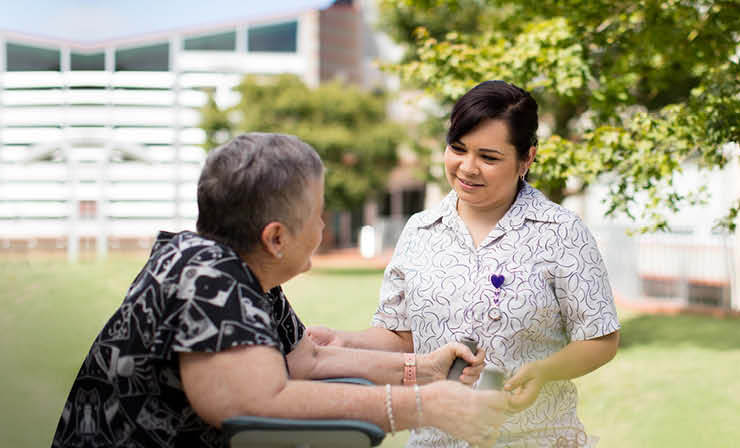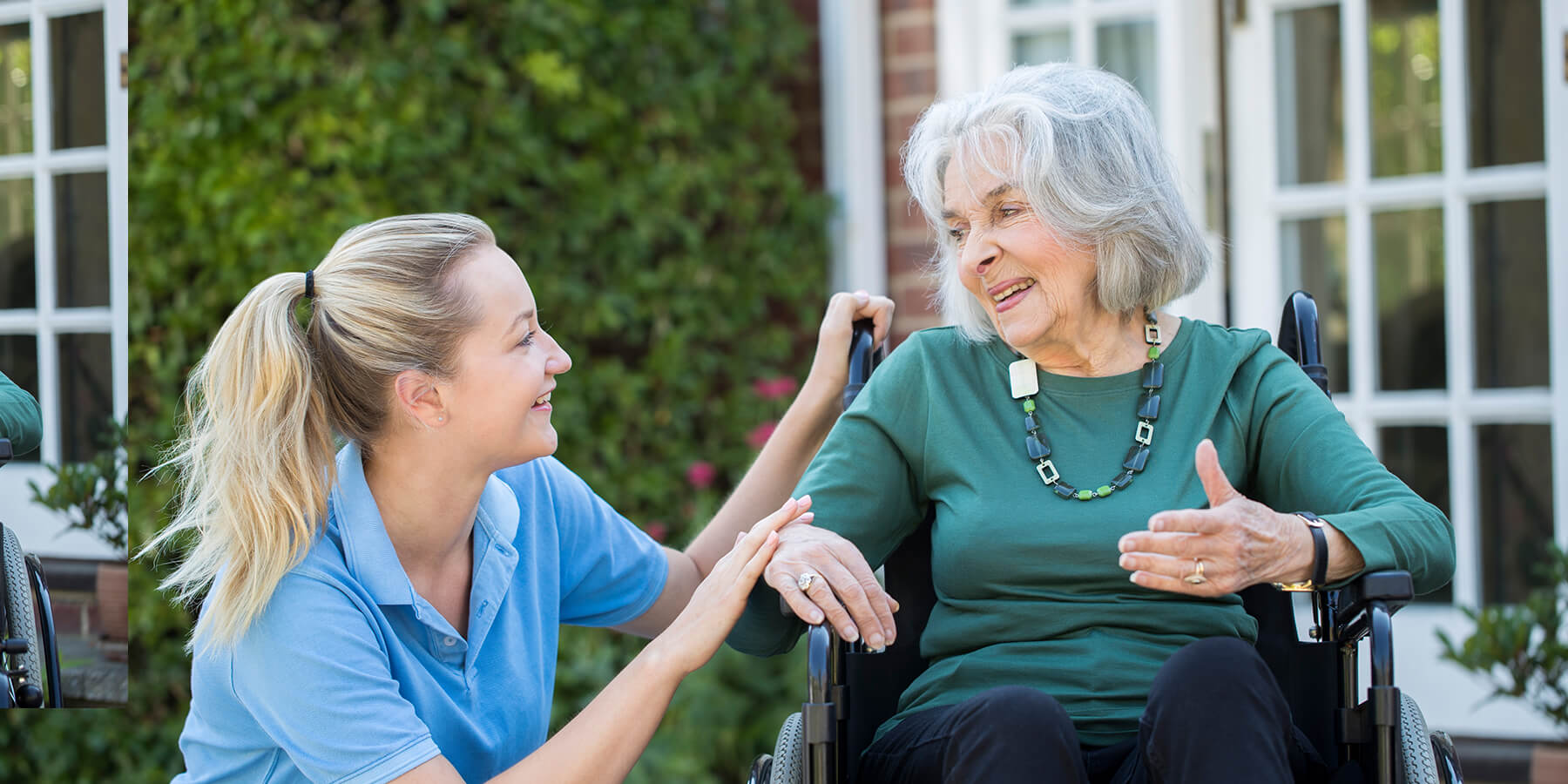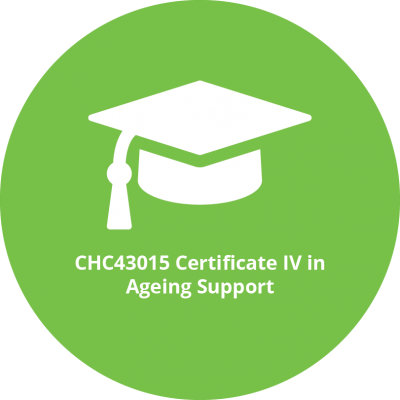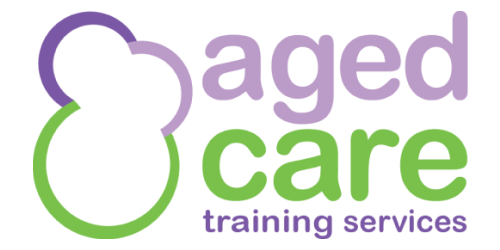











The entry requirements to aged care will vary based on the exact course you want to do. Academic requirements will differ between educational institutions and the level of study you undertake. For the most accurate information, you should view the course information on the institution’s website.
For the most part, there are no prerequisites to begin studying aged care, especially if you’re completing a Certificate III in Aged Care.
For Vocational Education and Training (VET) Courses, most students will need to have reached a level of study equivalent to the Australian Year 10. Some courses may require extra prerequisite subjects or work experience.
Typically, you won’t need to hold an Australian Senior Secondary Certificate of Education (Year 12) or the overseas equivalent, which is good news for school leavers who left earlier than Year 12.
When studying aged care in Australia, there are several skills that will help you be the best aged care professional you can be. While some things can be learned, these are some intrinsic skills you should possess, or be willing to work on:
There’s no arguing that aged care is a fulfilling career path, but it can be emotionally and physically taxing. You’ll need to be physically fit to help with everyday tasks, including getting in and out of bed, as well as emotionally intelligent to handle any challenging social issues that may arise. However, the personal rewards you’ll gain from a career in aged care far outweigh any challenges. It’s important you’re comfortable helping elderly people with needs such as toileting, showering and eating, as well as some housework and chores. Because you will be working closely with your elderly clients, you may become emotionally attached, so it’s important to keep good boundaries at work and have great communication skills to work with everyone in your client’s life.
There are several pathways to aged care. To find the best aged care course in Australia, you need to decide where you want your aged care career to take you, while also taking into account your current level of health and community services knowledge and any previous study/work you’ve done in the field.
Here are some of the different aged care courses available in Australia:
Undertaking a Certificate III and IV courses in aged care will provide you with enough knowledge and skills for most Aged Care roles in Australia. Both Certificate III and IV qualifications can be taken online or in class.
There are several roles you can do with an aged care qualification. Over 90% of aged care workers work in healthcare and social assistance. The rest work in public administration and safety, administrative and support services, and education and training.
Here are some of the roles an aged care qualification can land you:
There are several excellent institutes to study aged care at, including Open Colleges, Kiarna Colleges, Selmar Institute of Education, Aged Care Training Services and more.
As an aged care worker, your salary will vary depending on responsibilities, qualifications, hours and location. According to the latest Fair Work Ombudsman pay guide, as a full-time aged care worker, you can expect to earn between $801.40 and $973.40 weekly – or anywhere between $41,600 – $50,600 yearly.
Aged carers are in demand today, and will continue to be in demand for decades to come thanks to Australia’s ageing population. There are expected to be more than 179,000 new job openings created for aged and disabled carers over the next 5 years, with current figures set to skyrocket by 272% over the next three and a half decades.
There are over 10,000 fully subsidised aged care training places across NSW for people looking to start or progress their careers in this sector. Subsidies will vary from state to state, but there are some fully-funded courses by the NSW and Commonwealth governments, meaning you could pay as little as $0 for a course like Certificate IV in Ageing Support, which is typically $10,310 to complete.